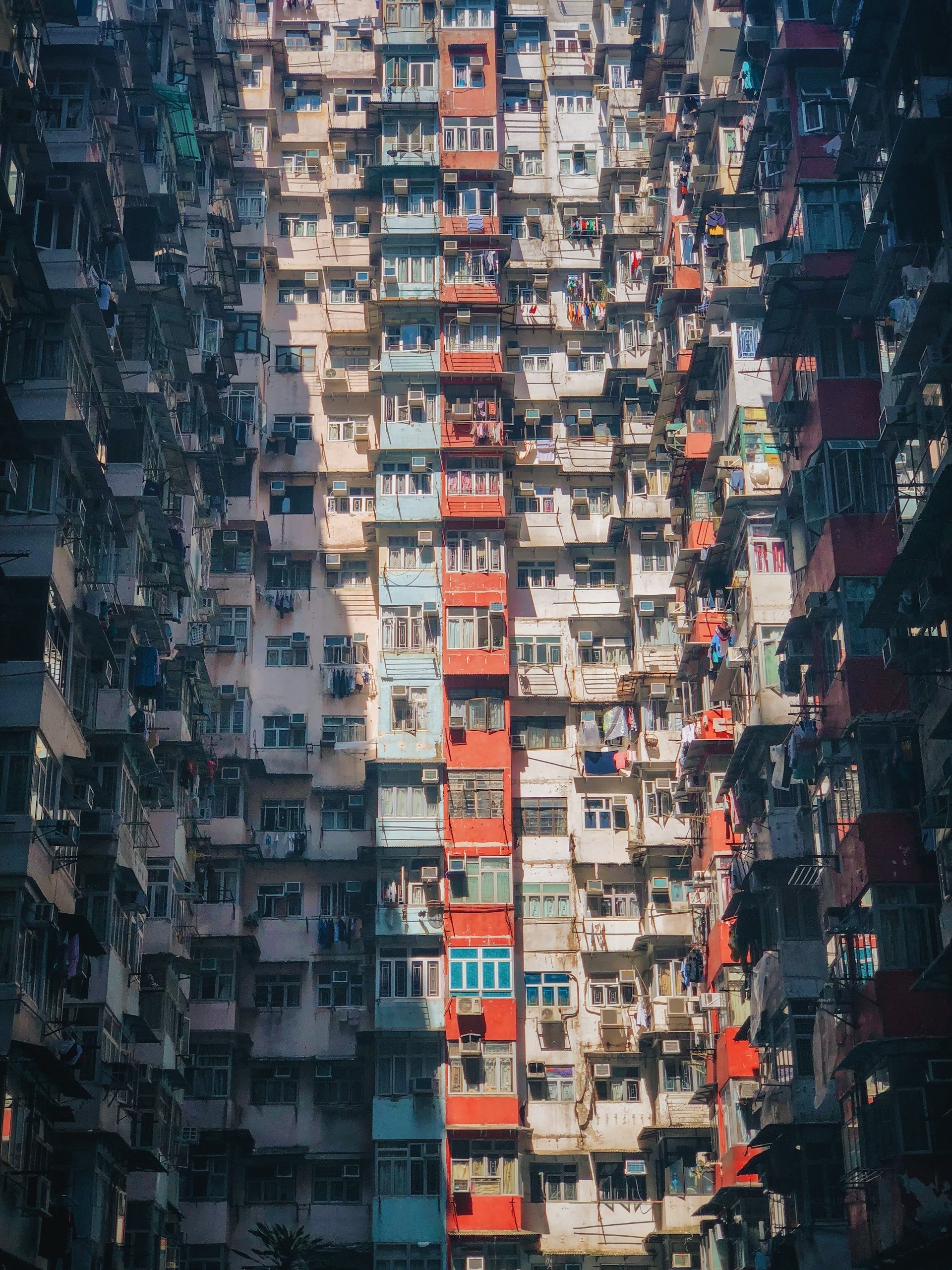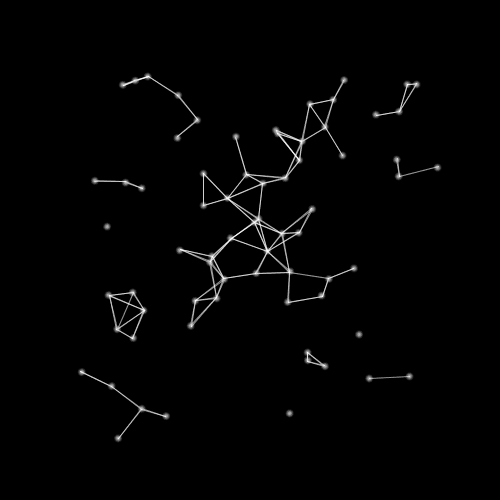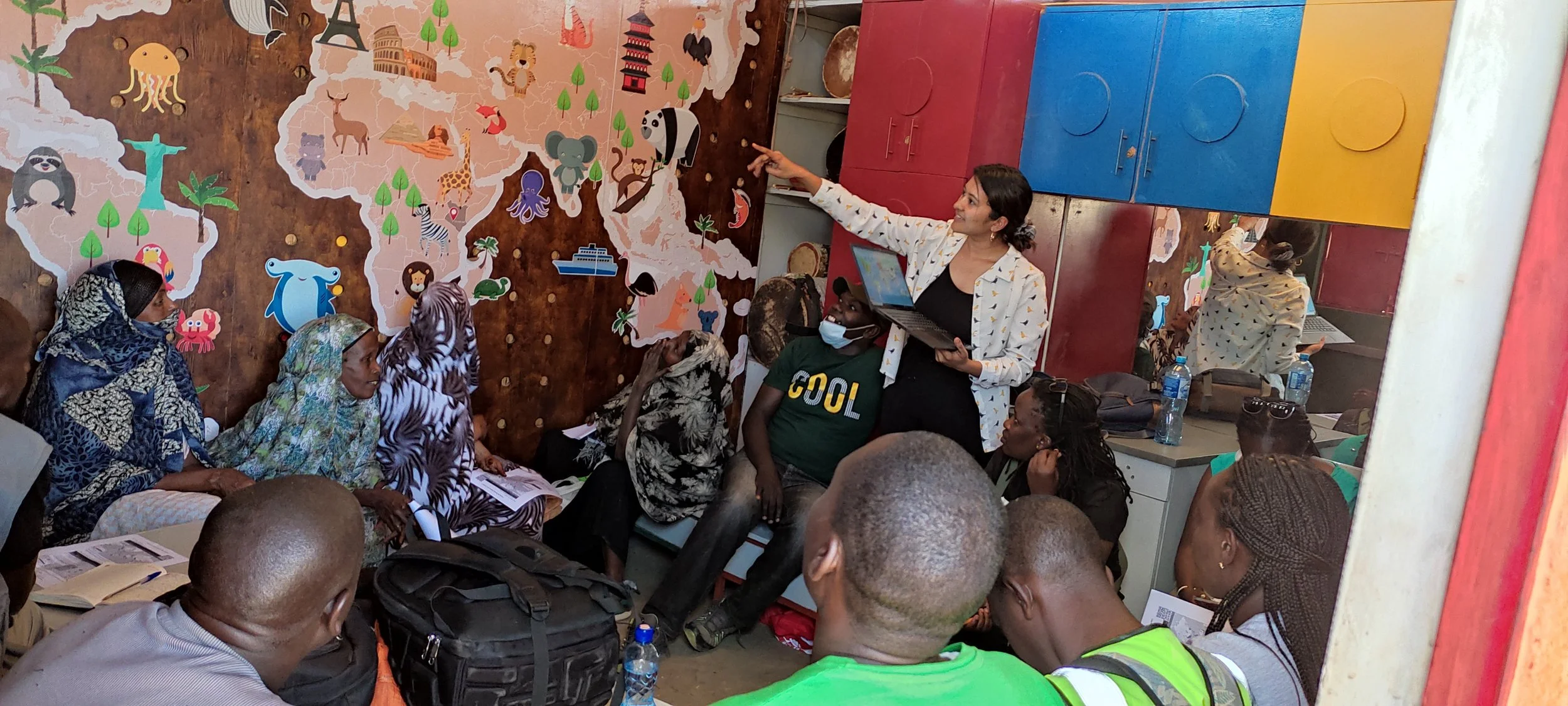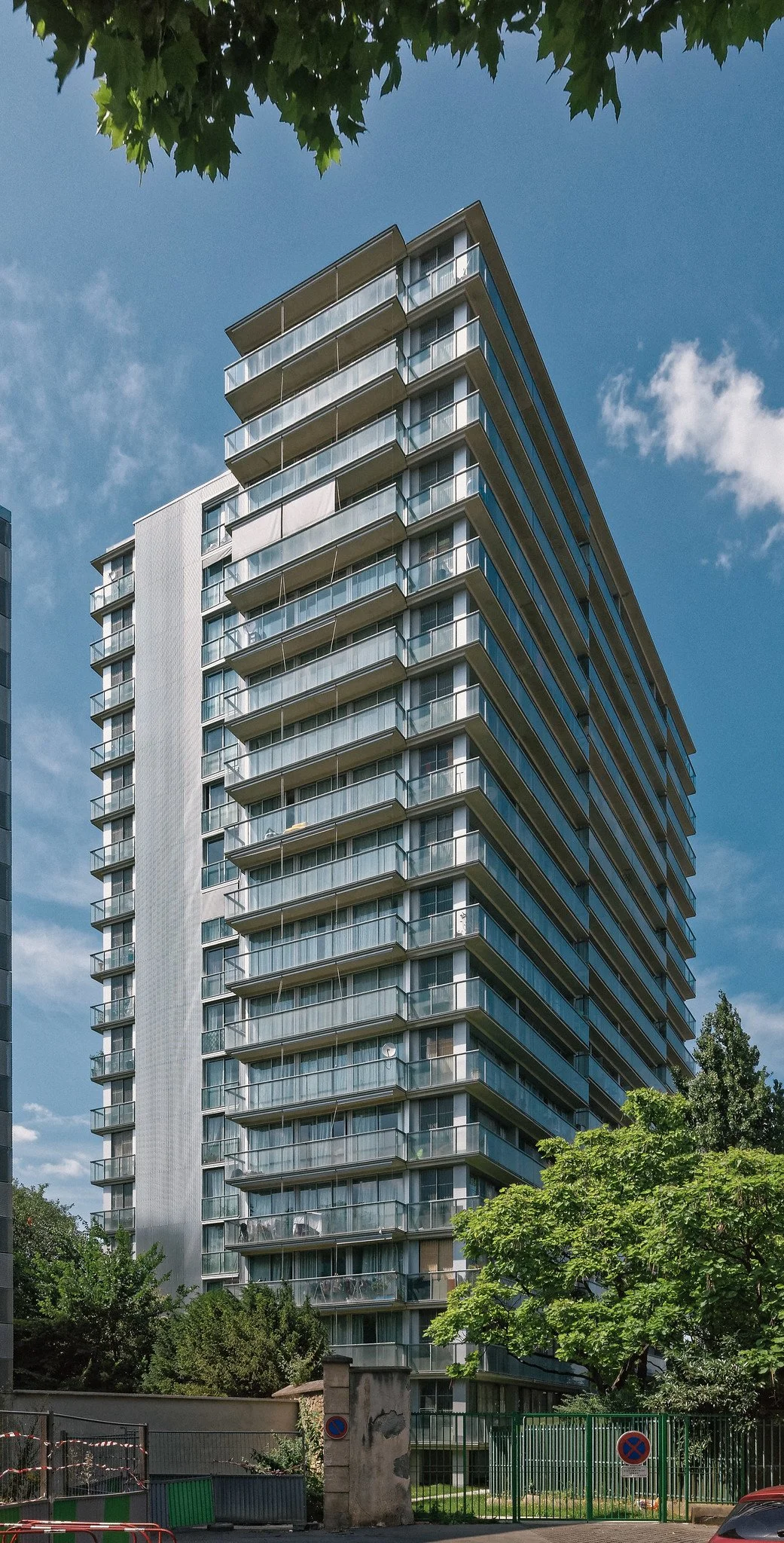Swaphouse: Work, sleep and live anywhere
Amsterdam-based startup Swaphouse aims to revolutionise the way remote workers experience new locations while maintaining a dedicated workspace. With a focus on accessibility and affordability, Swaphouse is set to transform the future of mobility.
Regenerative Cities: New dynamics of de-urbanisation
As we step into the 21st century, the concept of urban living is undergoing a significant transformation. Here, we delve into the multifaceted aspects of de-urbanisation, exploring its potential impact on the future of cities.
The systems that underpin cities
Architects must diversify the application of their skills towards a broader definition of architecture - one better equipped to deliver positive change for the most vulnerable in society.
Regenerative Cities: The Future of Megacities
Although the world was mostly rural until the 1900’s, large urban settlements have existed for most of our existence just not at a scale we are more familiar with today.
Urbanisation has since become a global phenomenon but the relationship between industrialisation and urban population growth is no longer as it once was.
Regenerative Cities: Centres for Liveability
Work drove people to cities but as new ways of working progress to new horizons, cities will need to become centres for liveability in order to remain attractive.
Regenerative Cities: Towards a New Urban Purpose
The COVID-19 pandemic has changed our cities in ways that will have a lasting impact. With remote work and autonomous transport reducing the need for proximity to jobs, what will keep people living in cities?
Making decentralisation work
The way we live and work has changed drastically and it has raised many questions about the role of decentralisation in future systems. Will we end up with Startup Societies and Network States? Rather than a focus on one global city, can the UK be managed as a network of 15,000 (15-minute) cities?
Digital Equity in Future Cities: A Conversation with Surbhi Agrawal
What type of empowerment does it bring to communities when you bring them digital access? What are the key failures of the current system and how can this be changed through policy and design intervention?
The future of remote work
Remote work allows anyone in the world to have the career they want without making any compromises on who they are and where they live.
TOWARDS 15,000 (15-MINUTE) CITIES
What would it be like to start creating 15-minute cities over wider areas?
The world’s most liveable cities
As we begin a new year and global average liveability continues its recovery from the pandemic, which cities are the world’s most liveable?
Teach For All’s Future of Work Initiative: Empowering all youth to thrive and lead in a changing world
While every child has enormous potential, education systems around the world are not providing all of them with the learning opportunities that will prepare them for the world they’ll soon inherit. Teach For All’s mission is to ensure that every child has access to the education, support, and opportunity they need to shape a brighter future.
Maintaining a just city
How can we create more sustainable mobility that is inclusive, affordable and accessible for the whole population?
What happens if we stop building more buildings?
Many conferences and biennales question ‘how we can build more sustainably?’ But few ask what happens if we stop building instead?
Urban resilience for a changing world
A problem that has evolved over the years is how can we tackle the climate crisis? How can we live sustainably in the world?
Biourbanism: Cities as Nature
The global influence of 21st century cities on our climate is unprecedented. In successfully driving the world economy forward, we have become the biggest polluters of our only liveable planet. Following his latest book Biourbanism - Cities as Nature: A Resilience Model for Anthromes, McGregor Coxall Founder Adrian McGregor shares why cities are the answer to the climate emergency facing us.
Towards a more accessible society
Edupops Co-Founder Thuong Luu discusses a more accessible future and current trends shaping the information that people prefer to consume online.
The future of learning
New start-up Edupops learns from education and entertainment to turn learning social.

















